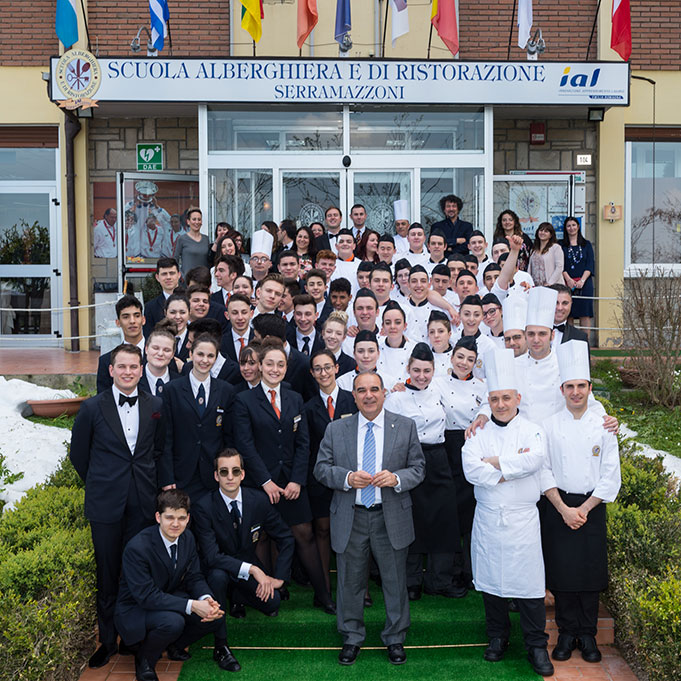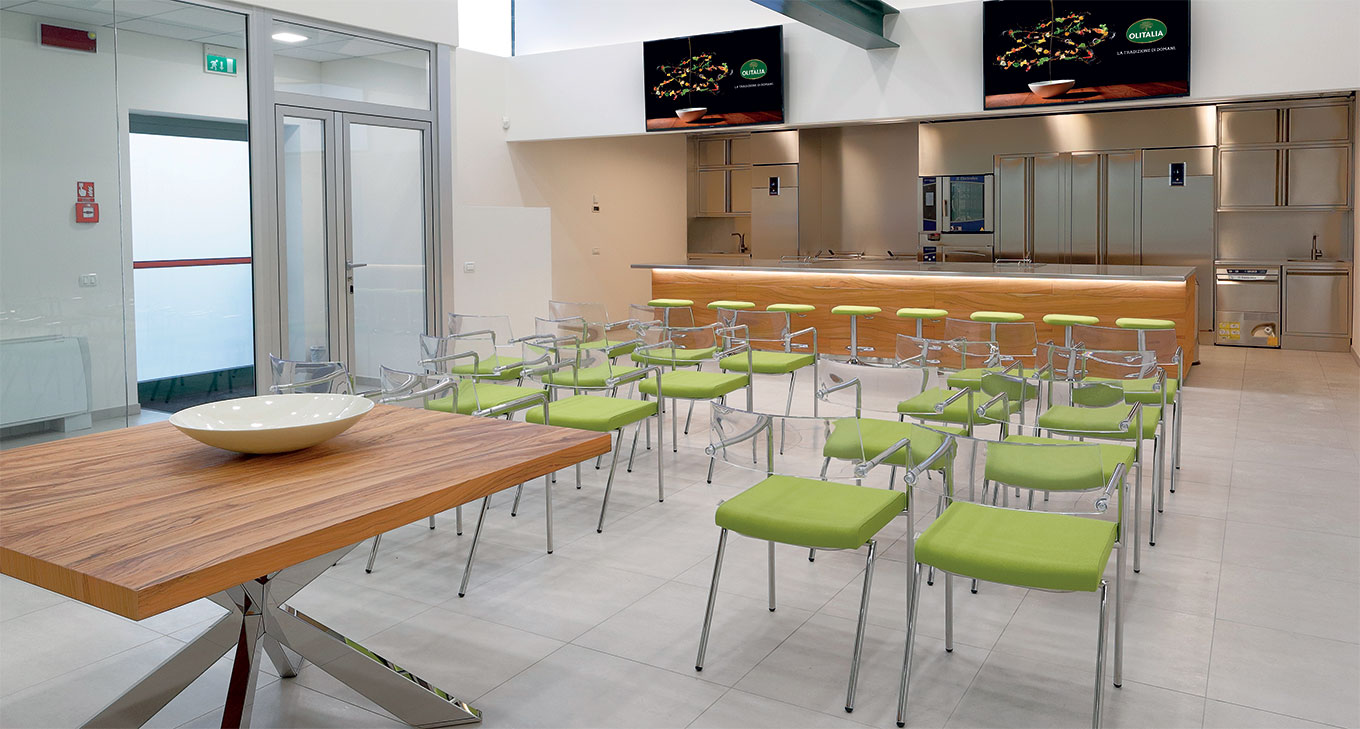O.I.L. - Olitalia Innovation Lab
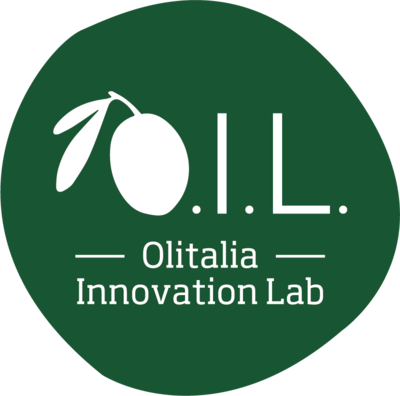
Create, stimulate, decide, conceive. Training people is a way of giving life. Giving life to new ideas, that become products. But training is also about creating and educating technicians, professionals, salesmen, experts. This is what Olitalia means when we say “training”: giving people who work with us and who present and sell our products the information, tools and techniques that will help them generate value and develop their daily effectiveness. We accomplish all of this through the habitual focus, precision and quality that personifies our every act. Our training embodies the same values of high quality as our products do. In fact, Olitalia has been an active partner of various Advanced Education and Hotel Schools for several years. Our goal is to make students, teachers, chefs, buyers and, ultimately, our customers increasingly familiar with Italy’s tradition in fine olive oil, while at the same time looking towards the future. This is how we help move the quality and genuineness of extra virgin olive oils along the path that leads from tradition to innovation, whether it means tasting it in a glass or pairing with just the right dish; using it as seasoning or an ingredient; working in the classroom or in the kitchen. Using the concepts of food science in a simple but effective way. Being able to appreciate an oil’s organoleptic components by tasting it in a glass in the classic method gives each student a different mastery and awareness: each dish ... paired with its own extra virgin oil.
Training becomes the application of basic concepts, classic tasting methods and cooking techniques; knowing when and how to use extra virgin oils, seed oils, vinegars and frying products. This last method is being rediscovered by today’s young chefs after being overlooked among the other classics for years. Principles of food chemistry are thus tested in the kitchen and in the laboratories with an increasingly focused vision of quality and greater attention around the correct methods of using fat and vinegar in cooking. Training as knowledge of raw materials, their quality and an informed awareness of how to use them.
Niko Romito Academy
The Niko Romito Academy is a professional school founded in 2011 dedicated to advanced techniques for aspiring chefs in the world of catering and cooking.
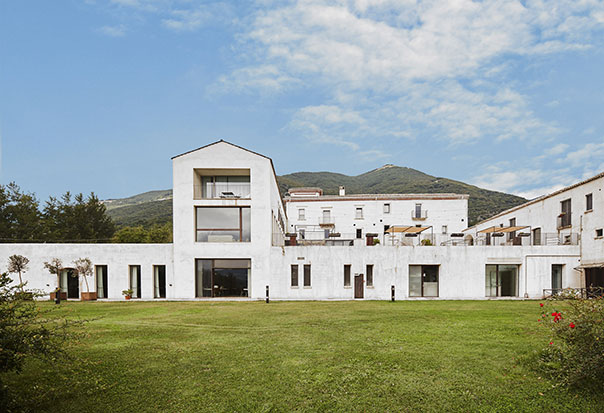
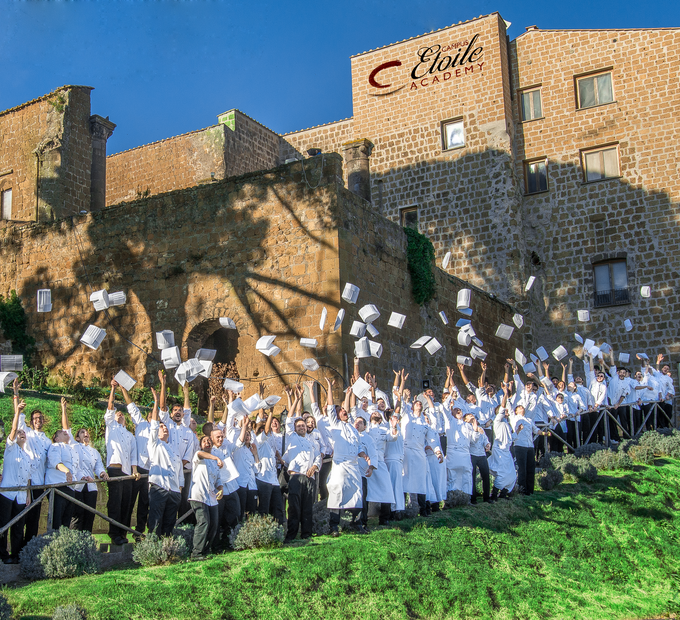
Campus Etoile Academy
The Campus Etoile Academy, founded in 2010 by Master Chef Rossano Boscolo is located in Tuscia, province of Viterbo.
CAST
CAST Alimenti (Food Art, Science and Technology Center) is a training and refresher institute founded in Brescia in 1997.
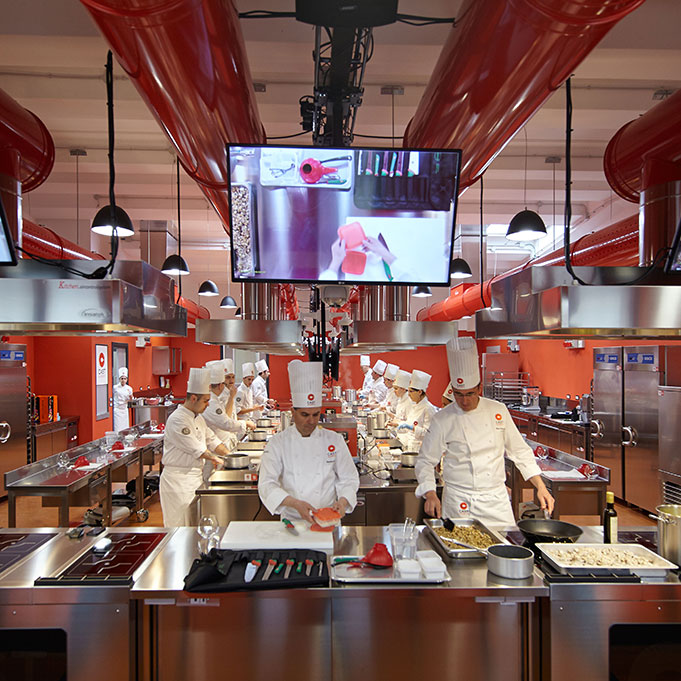
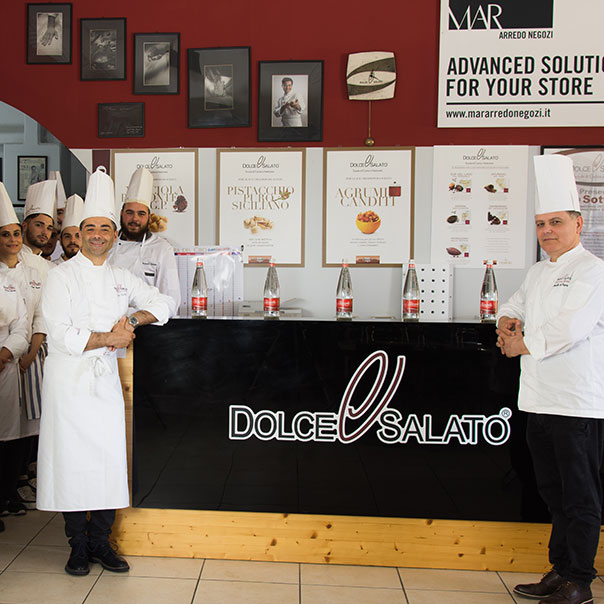
Dolce&Salato
The Dolce & Salato School was born 20 years ago, back in 1998, from the passion of two expert chefs, cook Giuseppe Daddio and pastry-maker Aniello di Caprio.
Congusto Institute
Congusto was founded in 2003 by Federico Lorefice, who set up his first catering company at age 15.
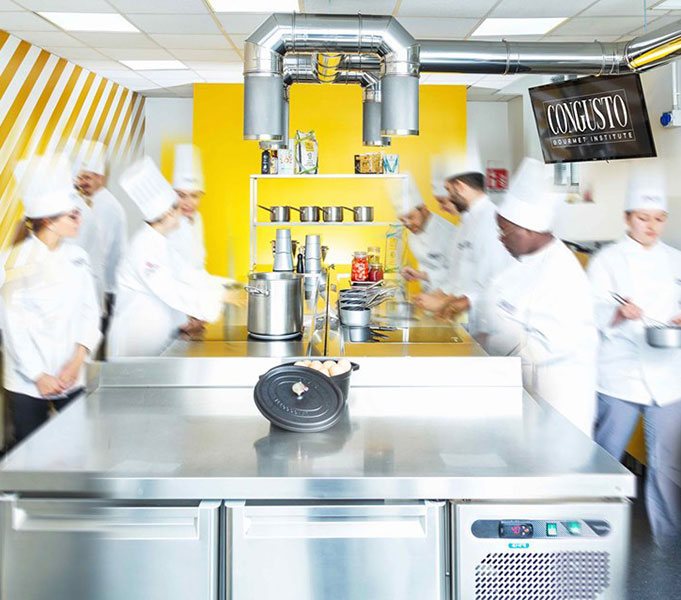
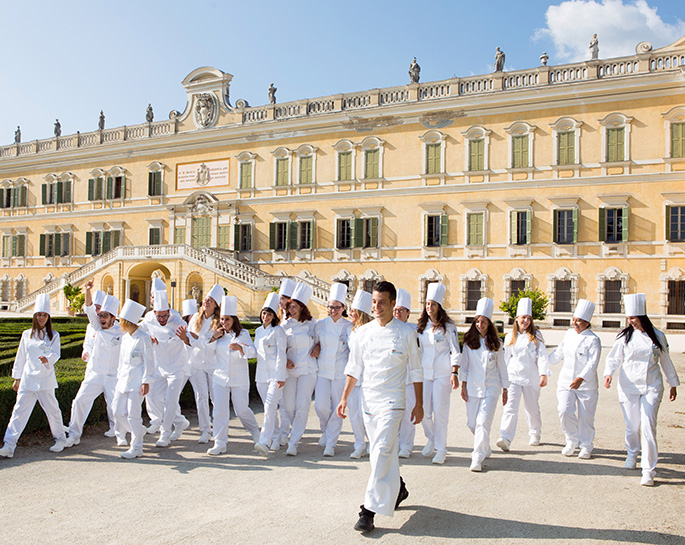
ALMA
Technical sponsor of ALMA - The International School of Italian Cuisine
IN CIBUM
The CIBUM Advanced School of Gastronomic Education is unique in Southern Italy for size, equipment and ambition, and is located at Pontecagnano Faiano, near Salerno.
Its Professional Chef in Training course is dedicated to aspiring chefs, giving them the skills necessary to work in high-level restaurants.
The Professional International Chef Course is reserved for professional chefs who aspire to become leaders in international starred cuisine. CIBUM also offers courses for aspiring pastry chiefs and pizza makers.
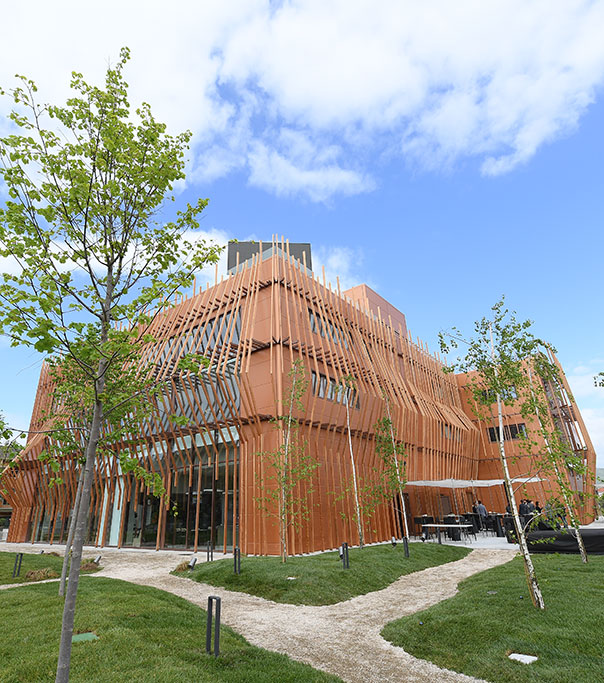
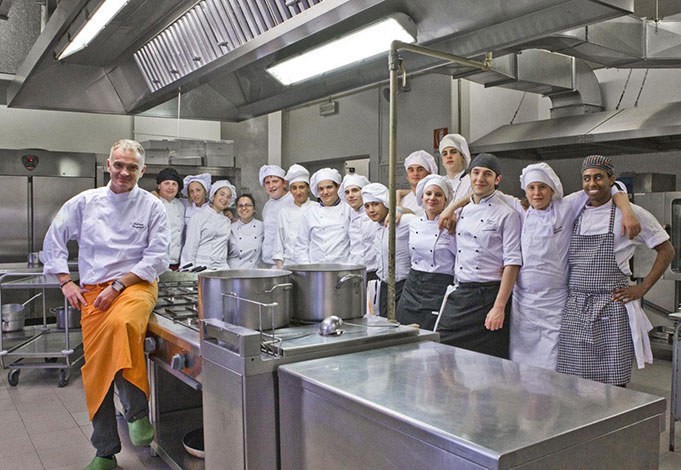
Bartolomeo Scappi Institute
Serramazzoni
The Serramazzoni Hotel and Restaurant School is located near Modena and has offered in-house residential training to young students since 1970.
